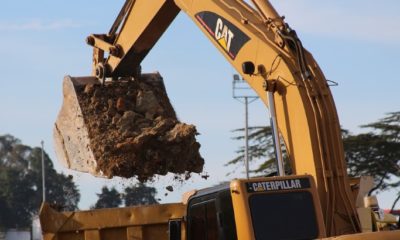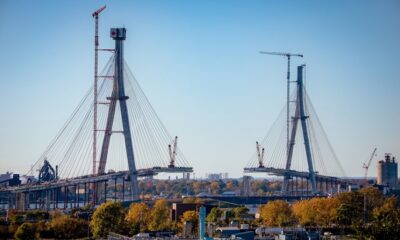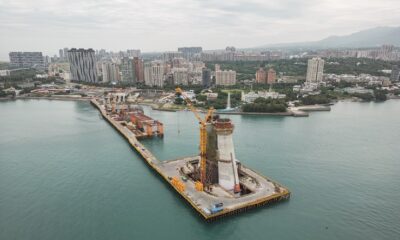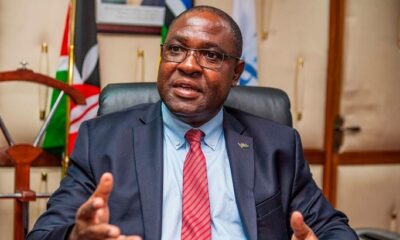Infrastructure
East Africa’s Longest Pipeline Project Ready to Kick Off
The first 100 kilometres of pipes have arrived in Dar es Salaam.
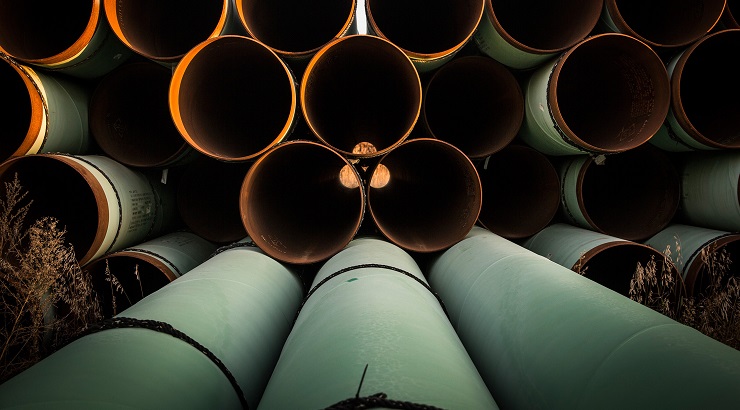
The much-awaited East African Crude Oil Pipeline (Eacop) project is set to begin soon following the arrival of 5,000 pipes at the Dar es Salaam port in Tanzania.
According to EACOP project coordinator Safiel Msovu, the laying of the pipes covering the first 100 kilometres will begin in April 2024, with projected completion scheduled for 2025.
Spanning 1,443 kilometres, the Hoima-Tanga crude oil pipeline is expected to be the longest electrically heated crude oil pipeline in the world.
A total of 1,147km of the pipeline will pass through Tanzania and 296km in Uganda – facilitating the movement of Uganda’s crude oil from Kabaale, in the western Hoima region, to Chongoleani in Tanzania.
The 24-inch diameter pipeline is expected to move 216,000 barrels of oil per day at a cost of $12.2 per barrel by the start of 2026.
It will be heated to keep the crude liquid enough to flow.
“The project is now set to begin its construction phase,” Mr Msovu said while inspecting the pipes at the Dar es Salaam port last week.
“The recently delivered pipes have a maximum length of 100 kilometres. We have initiated the process of moving them from Dar es Salaam to Tabora, the project’s centre, and from there they will be distributed to other project locations.”
RELATED: UK Firm Completes Designs for Turkana-Lamu Oil Pipeline
The development marks a major milestone for the $5 billion project that has been plagued by a myriad of issues that have threatened its execution.
In 2021, for example, at least 10 banks walked away from the venture, terming it an environmental risk that would produce 34 tonnes of carbon dioxide annually.
The withdrawal led to a project cost escalation from the initial estimate of $3.55 billion to $5 billion – forcing the shareholders of Eacop to source for more money.
In September last year, global oil giant TotalEnergies, which holds a 62% stake in the Eacop project, was reportedly being pressured by European Union lawmakers to delay the project to address “environmental and human rights concerns”.
Uganda and Tanzania dismissed claims by the EU parliament that the Hoima-Tanga oil pipeline project violates environmental and human rights standards.
In February 2022, China National Offshore Oil Corporation and TotalEnergies signed a $10 billion deal to develop Uganda’s energy resources and undertake the EACOP project.
TotalEnergies later signed a deal with China Petroleum Pipeline Engineering for the construction and supply of line pipe, a move that tilted the project to Beijing.





